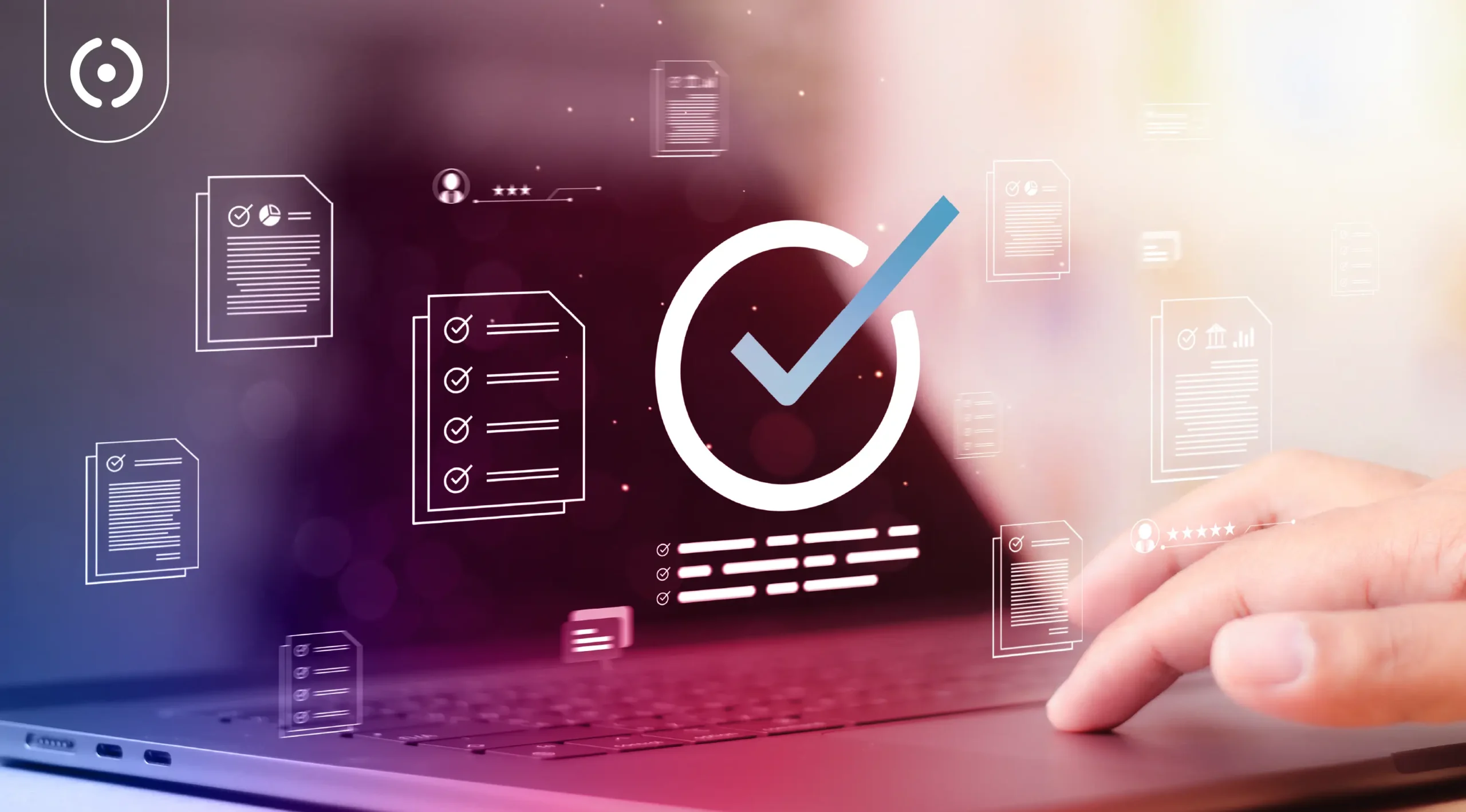The materials supply chain moves millions of tons every day, but the money behind those loads often moves much slower. Tickets pile up. Invoices wait to be matched. Payments stall in the approval process. The product flows efficiently, but the transaction does not. Every producer knows the frustration of waiting weeks for payment on a job that finished in days. According to the NRMCA Performance Benchmarking Survey, producers now wait an average of 61 days to collect on a sale, the highest level in five years. That lag ties up cash and forces producers to carry more short term debt just to stay liquid.

Frictionless transactions aim to change that. The goal is simple. Remove every manual step between ticket generation and payment confirmation. When a scale ticket, dispatch record, or proof of delivery is created, the transaction should begin automatically. Data should flow cleanly from the scale to the ERP, from the ERP to the bank, and back again for reconciliation. When done right, the transaction completes itself. The slowdown is not caused by lack of effort, it is caused by disconnected systems and manual steps that never seem to end.
This is not about digitizing paper faster. It is about eliminating paper entirely. Whether a load originates from an aggregate quarry, an asphalt plant, or a concrete operation, the data should follow one consistent path. Tickets become invoices automatically. Invoices validate themselves against dispatch data or purchase orders. Payments trigger without waiting for manual approval. Everything connects.
One recent implementation involved a large regional producer that replaced its dispatch, ticketing, and ERP systems as part of a full modernization effort. Every ticket, invoice, and related data point now flows automatically through our platform, ending in payments both outgoing to suppliers and incoming from customers. What once took days of manual review now happens in near real time.
It is rarely one big failure that causes the delay. It is the daily grind of small mismatches and missing data that quietly choke cash flow. Friction shows up in small but costly ways. A ticket number does not match what was billed. A customer never receives the supporting documentation. Purchase order information is missing or entered incorrectly. Bank and ERP totals do not align at month end. Each one delays payment. Scaled across thousands of transactions, those delays create significant cost and frustration. With as many as two thirds of invoices containing errors across the industry, small mismatches are not rare, they are expected.
The payoff for removing friction is clear. Faster billing and collections. Fewer disputes and resubmissions. Lower administrative overhead. More accurate cost and performance data. When you see how much time and money disappear in those gaps, automation stops feeling optional.
The industry is finally connecting operational and financial systems. What once lived separately, dispatch, scale, ERP, and banking, is now starting to merge. The data already exists. The challenge is getting it to move cleanly between systems.
Producers used to see automation as a back office upgrade. Today it is a requirement. Large customers, DOTs, and vertically integrated companies expect digital transactions and real time accuracy. The slowest link in the chain risks being left behind.
Getting to frictionless is not a single project. It is a process. Start by mapping where friction exists. Ticket to invoice, invoice to payment, or payment to reconciliation. Automate one path first, prove the value, then expand. Once data flows smoothly in one area, extending automation across the rest becomes easier.
The vision is simple. When a load leaves the scale, the transaction begins. Every step that follows, billing, payment, and reconciliation, happens automatically without delay or duplication.
Frictionless is not a trend or a buzzword. It is the foundation for how the aggregates and concrete industries will move money in the years ahead. The producers that get there first will not just be more efficient. They will redefine how business is done across the entire supply chain. Frictionless means faster payments, fewer headaches, and more time for people to focus on running the business instead of chasing paper.
Author Bio

About REQUORDIT
REQUORDIT is the leader in financial automation and content management for the Aggregate Industry. The Company’s software solutions and professional services provide custom automation solutions for document intensive processes in AP, AR, HR, Legal and other functions managing unstructured data.


